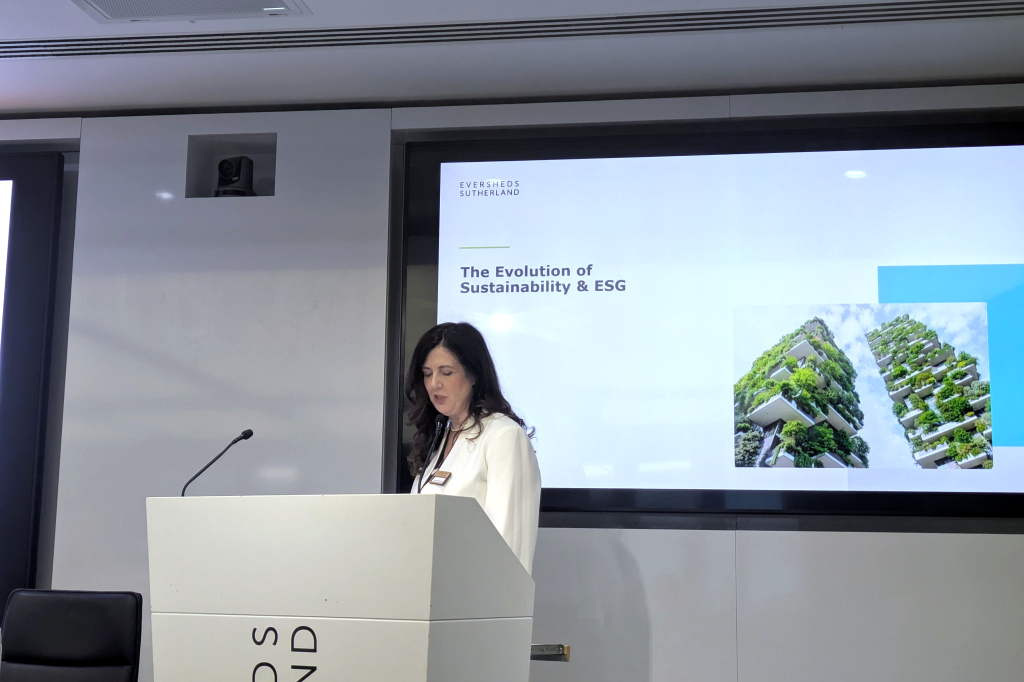The Bank of England today launched a consultation into the application of central bank digital currencies (CBDCs). The paper says a digital pound is “likely to be needed in the future, to ensure the public have access to safe money that is convenient to use as our everyday lives become
Register for free to keep reading
To continue reading this article and unlock full access to GRIP, register now. You’ll enjoy free access to all content until our subscription service launches in early 2026.
- Unlimited access to industry insights
- Stay on top of key rules and regulatory changes with our Rules Navigator
- Ad-free experience with no distractions
- Regular podcasts from trusted external experts
- Fresh compliance and regulatory content every day













